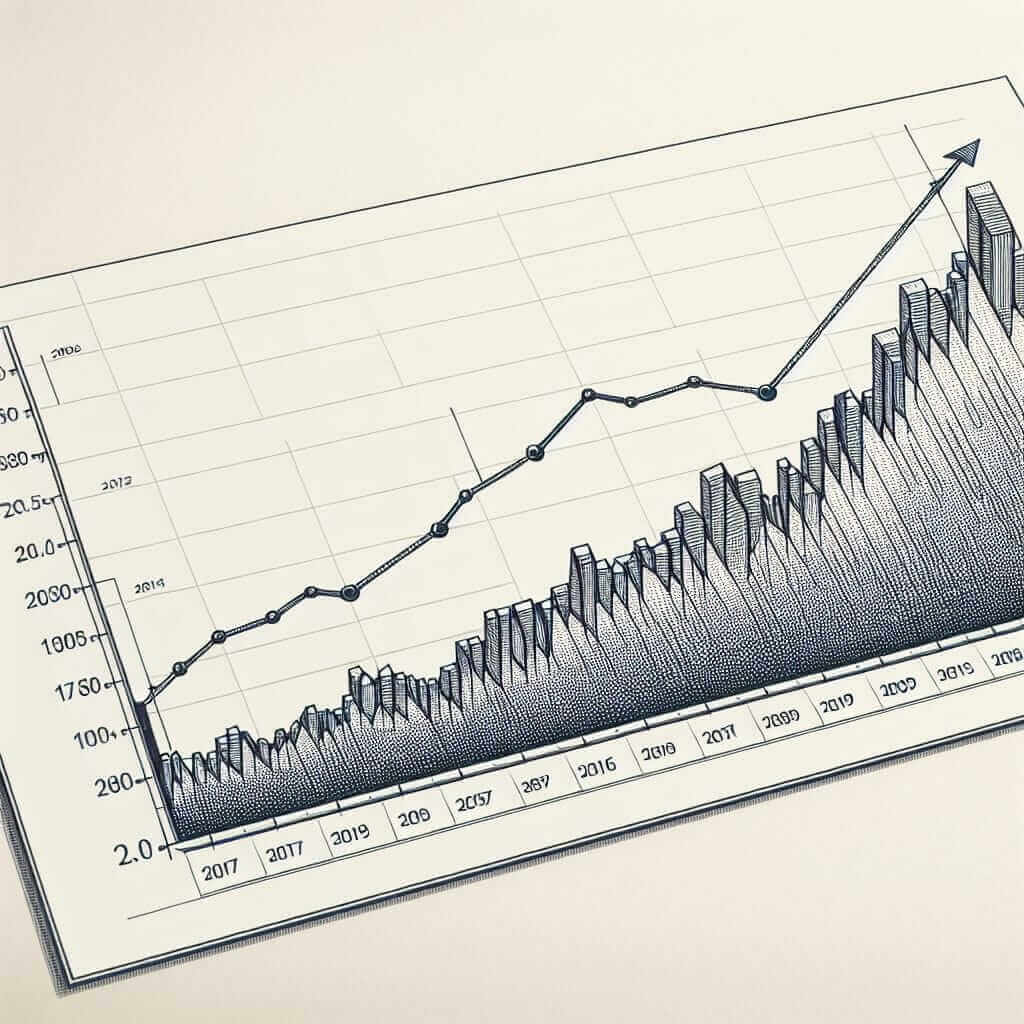The Reading component of the IELTS test is often a challenging part for many candidates. This section tests your ability to understand and extract information from various types of texts. One increasingly prominent topic in recent years has been the effects of renewable energy on global financial markets. Given the ongoing global shift towards sustainable energy, this theme is highly relevant and likely to appear in future exams. This article will provide a full IELTS Reading practice test on this topic, complete with questions and detailed explanations to help you prepare effectively.
Nội dung bài viết
Main Content
The Reading Passage
Below is the reading passage you will be working on, classified as a Medium Text.
The Impact of Renewable Energy on Global Financial Markets
As countries worldwide strive to reduce their carbon emissions and combat climate change, renewable energy sources such as wind, solar, and hydro have become increasingly important. These energy sources not only promise a sustainable future but also have significant effects on global financial markets.
Renewable energy investments have grown exponentially over the past decade. According to a report by the International Renewable Energy Agency (IREA), global renewable energy investment reached $2.7 trillion between 2010 and 2020. This surge in investment has had a profound influence on global financial markets, altering investment strategies and financial flows.
One of the main impacts of renewable energy on financial markets is the shift in investment from fossil fuels to renewables. With many countries imposing stricter regulations on carbon emissions, the profitability of fossil fuel investments has decreased. Consequently, investors are reallocating their capital to renewable energy projects, seeking stable returns from a growing industry.
Moreover, the development of renewable energy has led to the creation of green bonds. These bonds are financial instruments specifically earmarked to raise money for climate and environmental projects. Since their inception, green bonds have become a popular tool for funding renewable energy projects, further facilitating the flow of capital into the sector.

Another significant effect is the volatility in commodity prices, particularly oil. Traditional energy markets are highly sensitive to changes in renewable energy policies and innovations. For instance, a surge in renewable energy production can lead to a decrease in the demand for oil, affecting its price and, consequently, the stock prices of oil companies.
Renewable energy also introduces new risks and opportunities for investors. The rapid pace of technological advancements means that investors must stay informed about the latest developments to make sound decisions. Companies that can innovatively harness renewable energy technologies often see their stock prices rise, offering lucrative opportunities for investors.
In conclusion, the transition to renewable energy sources has had far-reaching effects on global financial markets. It has shifted investment patterns, influenced commodity prices, introduced new financial instruments, and created both risks and opportunities for investors. As the world continues to prioritize sustainability, the influence of renewable energy on financial markets will undoubtedly grow.
Questions
Question Type: Multiple Choice
-
What has caused the shift in investment from fossil fuels to renewable energy?
- A. Decrease in oil supply
- B. Stricter carbon emission regulations
- C. Lack of profitability in renewable projects
- D. Increase in fossil fuel prices
-
Which financial instrument has become popular for funding renewable energy projects?
- A. Corporate bonds
- B. Treasury bonds
- C. Green bonds
- D. Municipal bonds
Question Type: Identifying Information (True/False/Not Given)
- Investments in renewable energy reached $3.5 trillion between 2010 and 2020.
- Green bonds are exclusively used to fund solar energy projects.
- The demand for oil can be affected by innovations in renewable energy.
Question Type: Matching Features
Match the following statements with the correct effects on financial markets (A-C).
-
- Volatility in commodity prices
-
- Introduction of new financial instruments
-
- Creation of investment opportunities
- A. Green bonds
- B. Oil price changes
- C. Stock price increase
Answer Key & Explanations
-
B. The passage states that stricter regulations on carbon emissions have made fossil fuel investments less profitable.
-
C. The text clearly mentions that green bonds are used to fund renewable energy projects.
-
False. The passage states that investments reached $2.7 trillion, not $3.5 trillion.
-
Not Given. The passage does not specify that green bonds are used exclusively for solar energy projects.
-
True. The text explains that an increase in renewable energy production can decrease the demand for oil, affecting its price.
-
B. Volatility in oil prices is a direct effect mentioned in the passage.
-
A. Green bonds are introduced as new financial instruments.
-
C. The passage mentions that renewable energy technologies offer lucrative opportunities, affecting stock prices.
Common Mistakes & Tips
- Misreading Numbers: Always double-check figures mentioned in the passage.
- Assumptions: Do not assume information not directly given in the text.
- Vocabulary: Ensure you understand key financial terms to avoid confusion.
Vocabulary
- Carbon Emissions: [Noun] /ˈkɑːrbən ɪˈmɪʃənz/ – The release of carbon into the atmosphere.
- Renewable Energy: [Noun] /rɪˈnuːəbl ˈɛnərʤi/ – Energy from natural sources that are replenished constantly.
- Green Bonds: [Noun] /ɡriːn bɒndz/ – Bonds specifically earmarked to raise money for environmental projects.
- Volatility: [Noun] /vɒlətɪlɪti/ – The tendency of something to change rapidly and unpredictably.
Grammar
- Passive Voice: “Investments have grown exponentially…” (Present Perfect Tense)
- Relative Clauses: “Companies that can innovatively harness renewable energy technologies…” (Defining Relative Clause)
Advice for High Reading Scores
- Practice Regularly: The more you practice, the more familiar you will become with the format and the better you will perform.
- Read Actively: Engage with the text by annotating and summarizing as you read.
- Expand Vocabulary: A broad vocabulary will help you understand complex texts more easily.
- Time Management: Practice under timed conditions to improve your speed and accuracy.
By consistently practicing with materials like this, you will build the skills necessary to excel in the IELTS Reading section. Good luck!